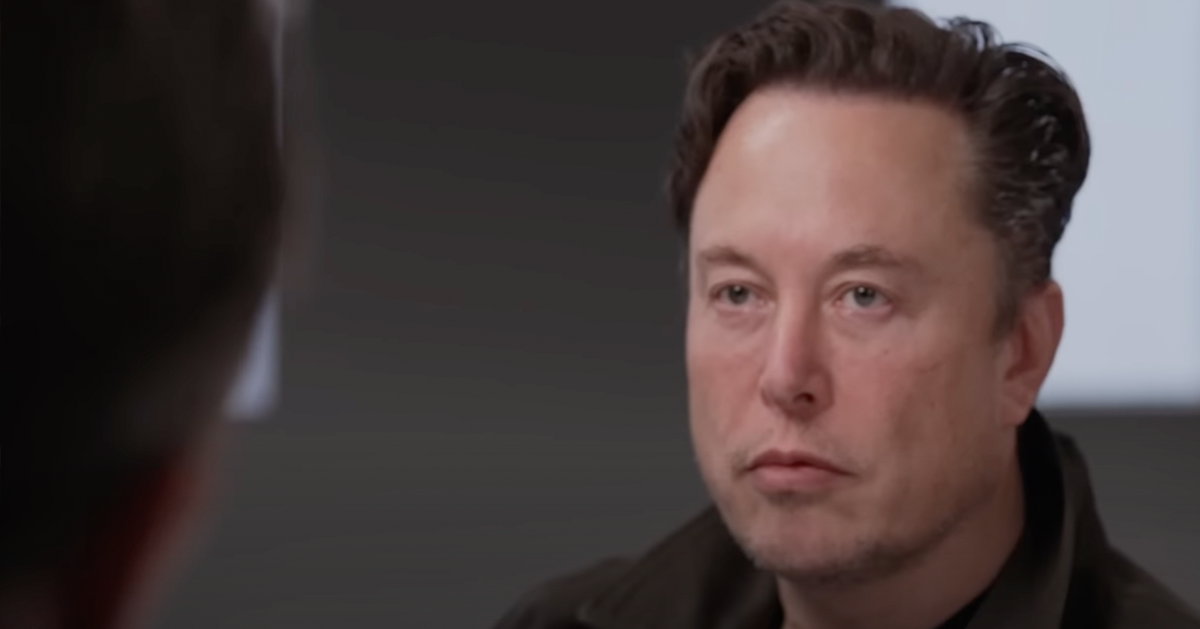Former Presidents Opt Out of Trump Inauguration Lunch
In an unexpected break from tradition, former Presidents George W. Bush, Bill Clinton, and Barack Obama are opting out of President-elect Donald Trump's inaugural luncheon, according to reports.
This decision from Bush and other former presidents not to attend the traditional meal unfolds amid complications caused by severe weather, leading to a shift in the venue for the inauguration ceremony itself, as the Washington Examiner reports.
The expected cold weather has played a significant role in reshaping the day's events. Initially, it was confirmed that Bush would attend the inauguration, but not the luncheon, as relayed by his spokesperson.
His participation was anticipated alongside Clinton and Obama, who had also been invited to the luncheon. Despite their plans to witness the swearing-in ceremony, both also opted out of the luncheon gathering.
Prominent Democrats Skip Celebration Events
Adding to the notable absences, former first lady Michelle Obama has chosen not to attend the ceremony and no explanation regarding her absence has been made public.
Furthermore, several high-profile Democrats, including notable figures like Nancy Pelosi, have announced their decision to forgo all inaugural festivities. This absence marks a significant departure from traditional participation, as former presidents and their spouses typically engage in these ceremonial events.
The decision of the former presidents not to attend follows a historical context of fluctuating relationships between Trump and his presidential peers.
In 2021, Trump notably skipped President Joe Biden's inauguration, foregoing the customary invitation of the winner to the White House. However, Biden extended a gesture of civility by inviting Trump to the White House in November, following his electoral victory.
Previous Inaugural Participation
Historically, interactions between Trump and the Clintons also reflected moments of civility. The Clintons were present at Trump's 2017 inauguration and luncheon, an event where Hillary Clinton received a positive response from attendees. Obama, maintaining tradition, had invited Trump to the White House after his victory in the 2016 presidential election, setting a precedent for the peaceful transfer of power.
However, the current changes inserted a new level of complexity. Trump made the announcement that icy temperatures necessitated the move of the inauguration inside, to the Capitol Rotunda.
This shift has caused many tickets to lose validity, leaving numerous attendees uncertain about their plans for participation.
Trump Responds to Weather Concerns
Addressing the situation on Truth Social, Trump expressed awareness of the extreme weather conditions. He acknowledged the "Arctic blast sweeping the Country," underscoring a concern for ensuring the safety of those attending the event. His statement reflected a desire to avoid situations where anyone might be adversely affected by weather-related changes.
Congressman Mike Lawler also responded to concerns through social media. Sharing on X, he apologized for the "last-minute change" and the potential for frustration among those affected by the new arrangements.
Adjustments and Tradition in Context
The shift of the inaugural proceedings represents a notable deviation from typical practices. In the past, sessions have been held outdoors, underscoring the resilience and celebratory nature of the occasion. The current scenario, however, introduces several logistical issues, creating a unique backdrop to historical proceedings.
The altered plans have resulted in a situation where the once anticipated gathering will be notably different in both setting and attendance. Traditionally a moment of unity, the inaugural luncheon typically facilitates interactions between previous and upcoming leaders.
Impact of Venue Changes
The indoor event will doubtless carry a different dynamic compared to those in previous years. This change not only affects symbolic traditions but also brings practical issues regarding access and safety, exacerbated by the invalidation of many attendees' tickets.
This unusual situation serves as a moment of reflection on the nature of political traditions, revealing the delicate balance between protocol and immediate challenges. Whether this shift will have long-standing implications remains to be seen as the nation moves forward after the inauguration day.
The absence of the three former presidents, combined with the complexities introduced by a shift in venue, brings an air of unpredictability to an event most would have anticipated as straightforward. This year's inauguration stands out as emblematic of the challenges and deviations from the norm facing America today.






